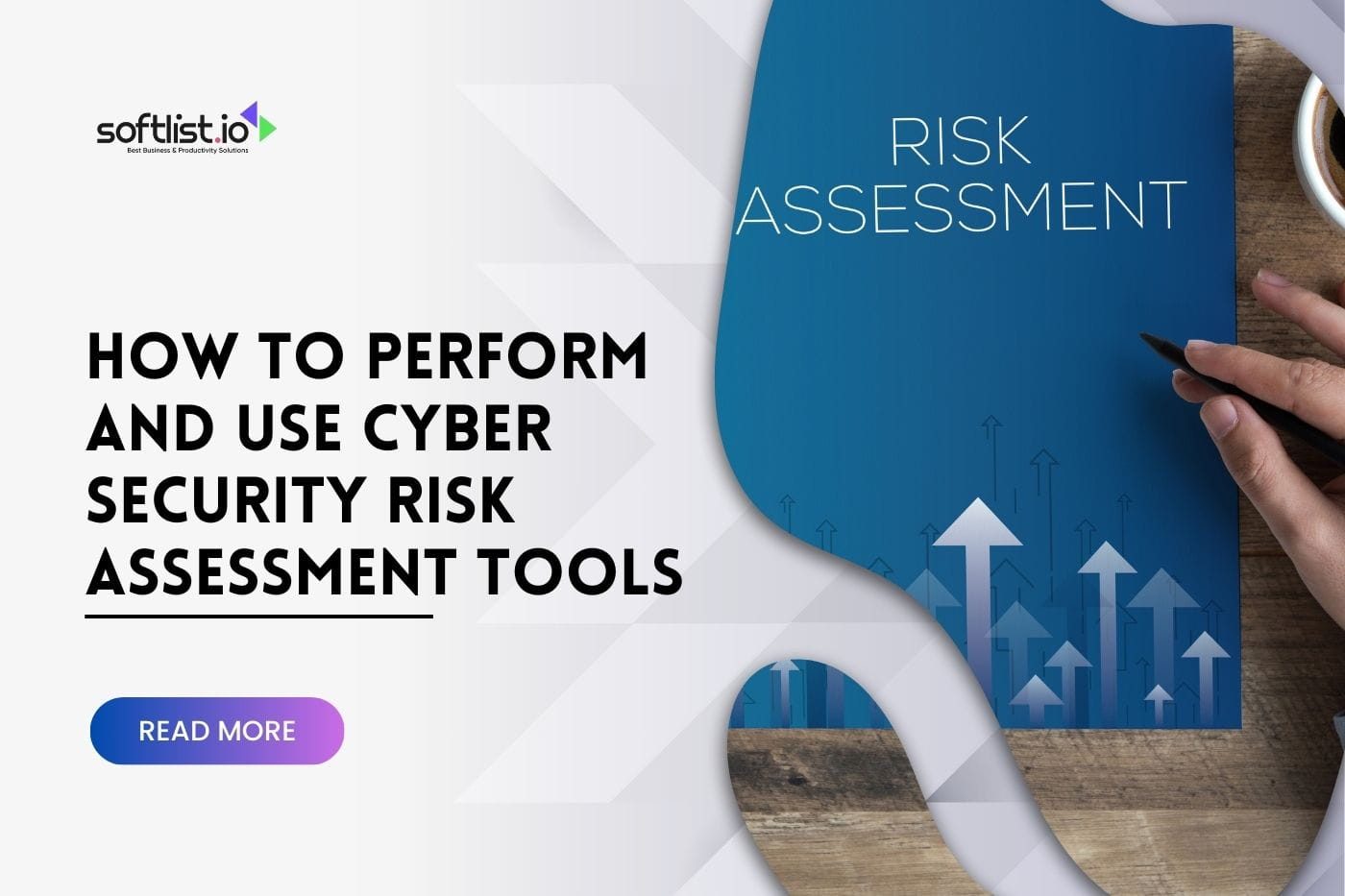Consider that a one-second delay in page load time can reduce conversions by 7%. It becomes evident why decoding website performance is crucial for online success.
Understanding how your website functions can pave the way for uncovering untapped potential. It can also help you improve your digital presence.
Key Takeaways:
- Website performance is crucial for engaging visitors and improving online reputation.. A one-second delay in page load time can reduce conversions by 7%.
- Fast-loading pages and mobile responsiveness enhance user experience. They keep visitors engaged, improve satisfaction, and increase conversions.
- By optimizing website performance, businesses can achieve higher rankings in SERPs. It can lead to increased visibility and organic traffic.
- Conducting thorough website performance audits allows businesses to identify performance bottlenecks. It can also help improve user experience, enhance SEO, and drive growth.
What is Website Performance?

Website performance encompasses your website’s speed, responsiveness, and overall functionality. It’s crucial for engaging visitors and achieving your online goals. Monitoring website performance involves tracking metrics like page load times and site availability.
By analyzing these metrics, you can identify areas for improvement. You can also optimize your website for a better user experience.
A well-performing website attracts and retains visitors by providing a seamless browsing experience. It directly impacts your online reputation, search engine rankings, and your business success.
Slow-loading pages or frequent downtime can drive potential customers away. They can also damage your brand image. That’s why monitoring and improving website performance, for example, with the help of SEO Audit Services, should be a top priority.
How Does Website Performance Affect User Experience?
When your website loads fast, users are more likely to stay engaged. Here’s how website performance affects user experience:
Page Load Speed
Website performance impacts user experience. There’s a correlation between page load speed and user engagement. Visitors are more likely to stay and explore what you offer when your website loads quickly.
Slow-loading pages frustrate users. They often abandon your site, resulting in missed opportunities for engagement and conversions. Users expect seamless experiences; a fast-loading website is critical to meeting those expectations.
Mobile Responsiveness
When your site is optimized for mobile, visitors can navigate and interact with your services on smartphones.
A responsive design adapts to various screen sizes. It offers a consistent experience that engages users. Mobile-friendly sites load faster and provide a more enjoyable browsing experience. This leads to higher user satisfaction and increased conversions.
Search Engine Rankings
Enhancing your website’s performance influences user experience. Ensure your site loads quickly and is mobile-friendly. It should also provide a seamless user experience. Search engines like Google will be more likely to rank it higher in search results.
Users searching for keywords related to your business are more likely to find your website.
User Engagement Metrics
When your website functions smoothly, visitors are more likely to stay longer. They will explore different pages, and interact with your content. High-quality images, intuitive navigation, and responsive design create a positive user experience.
Slow loading times, broken links, or confusing layouts can frustrate visitors and drive them away.
Monitor user engagement metrics. Bounce rate, average session duration, and pages per session. All of these can help you understand how well your website meets visitors’ needs.
Benefits of Detailed Website Performance Audits
- Identifying Performance Bottlenecks. Website performance audits help identify performance bottlenecks. With their help, businesses can pinpoint issues impacting website speed and overall performance. They can do it by analyzing page load times and server response times.
- Improving User Experience (UX). Detailed website performance audits improve user experience (UX). How? They address issues that hinder usability and engagement. Improved UX increases user satisfaction and encourages more extended visits. It also leads to higher engagement, and better conversion rates.
- Enhancing Search Engine Rankings. Search engines like Google consider page speed and overall performance ranking factors. By optimizing website performance, businesses can improve their visibility in SERPs. It can lead to increased organic traffic and improved discoverability.
How To Conduct Detailed Performance Audits for Website

Here’s a step-by-step guide on how to conduct detailed audits for your website:
1. Define Audit Objectives
Conduct a thorough website performance audit by establishing clear and specific objectives. Define what you aim to achieve through the performance audit. Are you looking to improve page load times, enhance user experience, boost conversions, or all of the above?
Setting precise objectives will guide your audit process. It can also help you focus on the areas that most need improvement. By outlining your goals, you can tailor your performance audit to uncover insights aligning with your website’s needs.
2. Gather Necessary Tools
How do you conduct website performance audits? Gather tools that provide insights into your site’s functionality and user experience. Here’s a list to guide you on the tools needed:
- Website Analytics Platform. Google Analytics and similar tools can track user behavior, traffic sources, and conversions.
- SEO Audit Tools. Platforms like SEMrush or Ahrefs can help analyze your site’s SEO performance.
- Page Speed Testers. Tools like Google PageSpeed Insights or GTmetrix can assess your site’s loading speed and suggest optimization.
3. Audit Website Performance
How do you assess your website’s performance for optimal growth and user engagement? Conducting detailed performance audits is key.
- Page Load Speed: Use tools like Google PageSpeed Insights, GTmetrix, or Pingdom Tools to analyze the website’s page load speed. Identify factors contributing to slow loading times. It could be due to large image files, inefficient code, or server issues.
- Mobile Responsiveness: Test the website’s responsiveness. You can do it with tools like Google’s Mobile-Friendly Test or BrowserStack. Ensure the website renders correctly on various mobile devices and screen sizes.
- Usability and Navigation: Analyze the website’s usability and navigation. Conduct user or usability testing sessions. Gather feedback from testers on ease of use, clarity of navigation, and overall user experience.
- SEO Optimization: Conduct an SEO audit to assess on-page and off-page optimization factors. Use tools like SEMrush, Moz, or Ahrefs to analyze keyword rankings, meta tags, internal linking, site structure, and backlink profiles.
- Security: Perform a security audit to identify vulnerabilities. This will ensure that the website is protected. Security scanning tools like Sucuri SiteCheck or Qualys FreeScan can be used to check for malware and other security issues.
4. Analyze Audit Findings

An in-depth analysis of audit findings is essential for optimizing your website’s performance. When delving into your audit results, remember to:
- Identify Key Issues: Pinpoint areas of improvement, such as slow loading times or broken links.
- Understand User Behavior: Analyze user interactions to enhance the overall experience.
- Benchmark Against Competitors: Compare your performance metrics with industry standards. This can help you identify gaps and opportunities.
5. Develop Action Plan
Begin by prioritizing tasks based on their impact on user experience and site performance. Tackle critical issues first. Fix broken links, improve page load times, and enhance mobile responsiveness.
Next, consider SEO elements like meta tags, keywords, and content quality. Implement tools for tracking and analyzing user behavior to make smarter decisions.
Collaborate with your team to assign responsibilities and set deadlines for each task. Monitor progress and adjust strategies as needed.
6. Implement Optimization Strategies
How do you conduct detailed performance audits of your website’s optimization strategies? Start by analyzing key performance metrics. Then, identify areas for improvement.
Begin by assessing your website’s loading speed, mobile responsiveness, and user engagement metrics. Use tools like Google PageSpeed Insights, GTmetrix, and Google Analytics. They can help you gather data.
Next, examine the content quality, keyword optimization, and internal linking structure. Ensure they align with your SEO goals.
Then, review your website’s call-to-action placements, conversion funnels, and user experience flow. Optimize them for maximum engagement and conversions.
7. Monitor and Measure Progress
Start by setting clear objectives on performance audits. Define key performance indicators to monitor and measure progress in optimizing your website’s performance. Track metrics like page load speed, bounce rate, conversion rates, and user engagement. This will help you gauge the impact of your efforts.
Conclusion
Checking your website’s performance is like searching for hidden treasure. By looking at how fast your website runs, you find ways to grow. Think of your website as a race car. Performance audits are like pit stops to make it go faster. These checks are not just about speed. They make sure visitors enjoy their stay. A good-running website keeps people happy. It also appears higher in searches and gets more clicks and sales.
A slow website can lose visitors. So, keep your website fast and friendly. Regular performance audits help you spot and fix problems. This will keep your visitors happy and draw in more people.
FAQs
How often should website performance audits be conducted?
The frequency of website performance audits can vary depending on several factors, including the size of the website, the volume of traffic it receives, and how frequently content is updated. Generally, it’s recommended to conduct a comprehensive website performance audit at least once a year. However, for dynamic websites with frequent updates or significant monthly traffic, conducting performance audits on a quarterly basis can help promptly identify and address performance issues.
Can website performance audits impact my site’s current performance?
Conducting a website performance audit typically involves analyzing data and using tools that don’t directly interact with the live site in a way that would impact its performance for visitors. Most tools used for performance audits are designed to gather insights without slowing down your website or affecting user experience. However, it’s advisable to schedule any performance testing during off-peak hours if the tools require live testing to minimize any potential impact on site visitors.
What is the role of hosting in website performance, and how is it addressed in performance audits?
Hosting plays a critical role in website performance, influencing factors such as site speed, uptime, and scalability. During a website performance audit, the hosting environment should be evaluated to ensure it meets the site’s requirements for traffic volume, security, and data handling. Audits can reveal if a hosting plan is underperforming or if there’s a need to upgrade to a higher-tier plan or a different hosting provider to enhance website performance.
Are there any common mistakes to avoid when conducting website performance audits?
One common mistake is not having clear objectives for the audit, which can lead to overlooking critical performance issues. Another mistake is solely focusing on page load speed and neglecting other important aspects like mobile responsiveness, user experience (UX), and technical SEO. Additionally, failing to implement the recommended changes identified in the audit can render the whole process ineffective.
It’s also important to ensure that the tools used for the audit are up to date and that the data collected is analyzed in the context of the latest web performance and SEO best practices.






